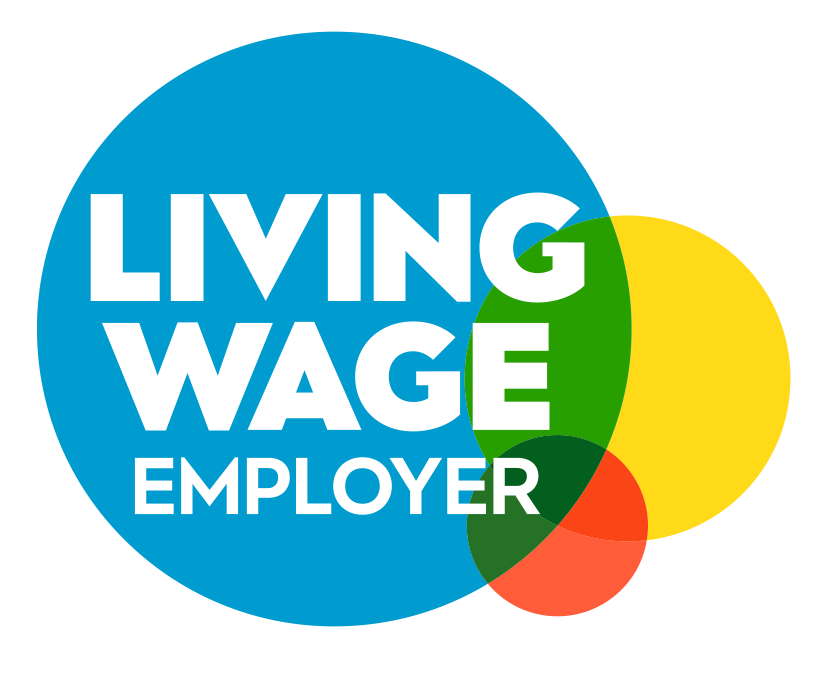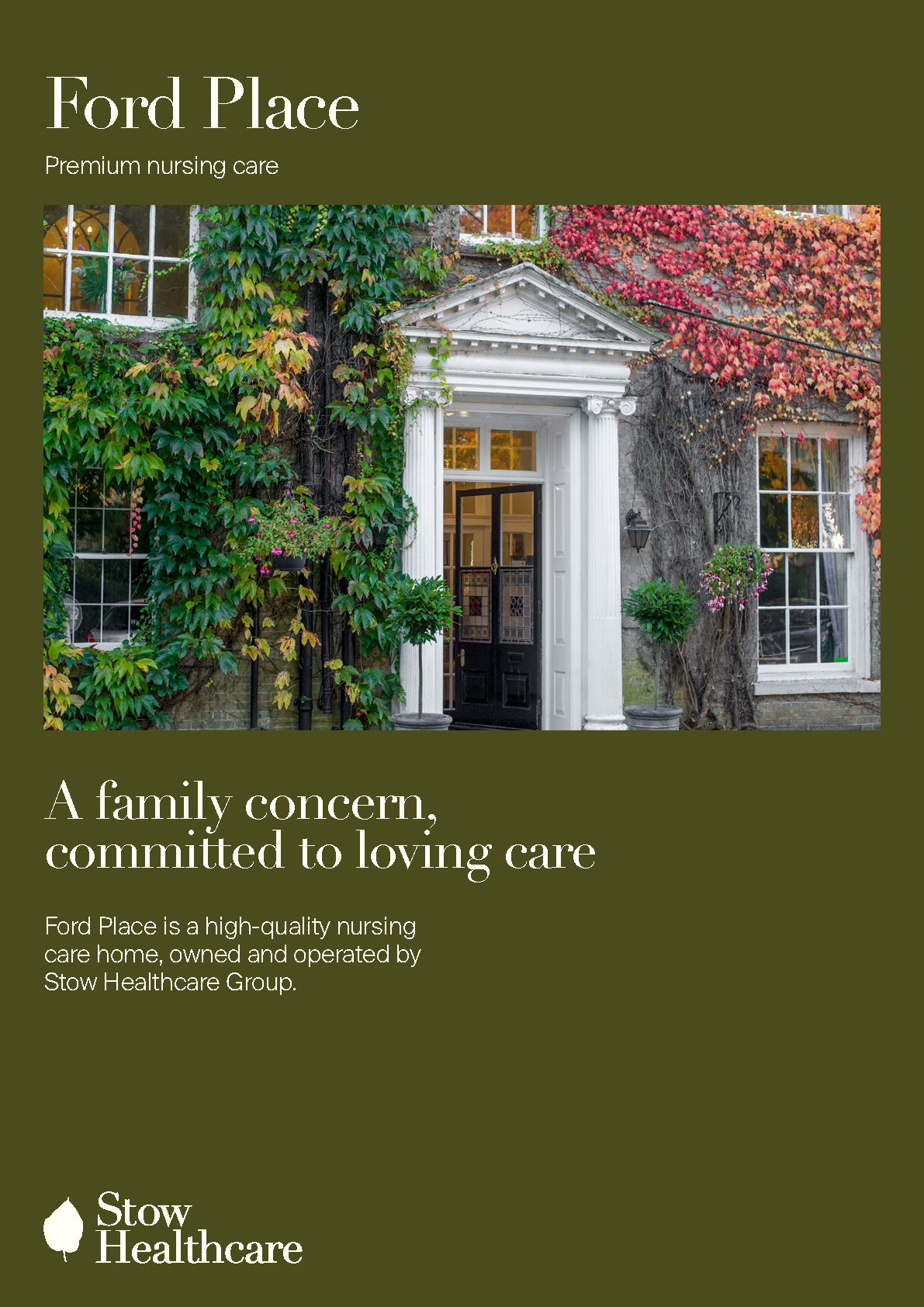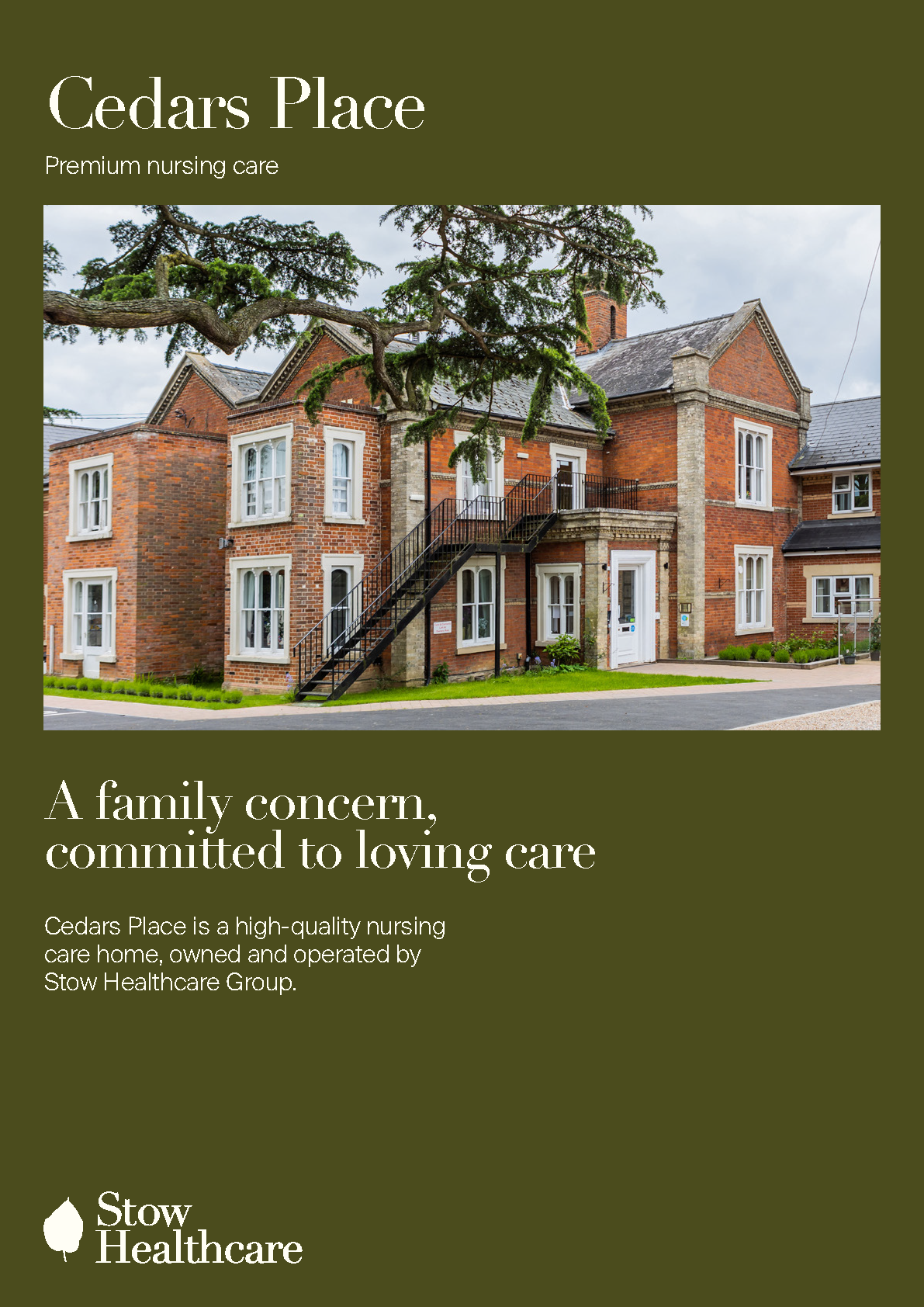The cost of residential care can vary considerably by location and depends on whether you also require nursing care. If you do require nursing care, this increases your care home costs further as registered nurses will need to be on staff 24 hours a day.
It is important to bear in mind that although you may not need nursing care now, this could change in the future. On average you can expect to pay around £43,000 a year for nursing care in East Anglia (Laing & Buisson Care of Older People UK Market Report 2014/15). For higher quality and specialist care settings annual care fees will usually be significantly more.
If you need care at home or in a residential care home, the local authority can help with your care costs if you satisfy strict guidelines to do with both your health and financial situation. The State can provide financial support with benefits some are means tested, others are not. Local Authority funding and state support for elderly care comes in various forms.
Types of state and local authority support
State Benefit
If you are over 65 and need help with bathing or eating (whether at home or in care) you may be eligible for attendance allowance; you would receive a higher rate for around the clock care and a lower rate for part-time help. Should you move into care that is fully funded by the local authority or NHS, the attendance allowance will normally stop after 28 days.
Some people with a state pension could be entitled to pension credit, which is means tested, as well as savings credit. Working out who is entitled to what is complicated.
NHS Funded Nursing Care
NHS-funded nursing care is care provided by a registered nurse, paid for by the NHS, for people who live in a care home. Your needs will be assessed to decide if you’re eligible for NHS-funded nursing care. You should receive it if you live in a care home registered to provide nursing care, and you don’t qualify for NHS continuing healthcare but have been assessed as needing care from a registered nurse. The NHS will make a payment directly to the care home to fund care from registered nurses who are usually employed by the care home.
NHS Continuing Healthcare
Continuing Healthcare is fully funded NHS care for those who are severely ill. If your health needs are great, then you may receive NHS continuing healthcare. where all care costs are met by the NHS. You may also be reassessed for NHS continuing care if your health deteriorates.
Your need for this type of long term care funding is assessed by two or more nurses in your primary care trust, using a “decision support tool” to make an assessment of each area of need.
Local Authority Support
Social care funding by a local authority is subject to eligibility criteria based on the level of care need required, as well as being a means tested benefit. The local authority may pay for all or some or none of the costs of your care depending on the outcome of the care assessment and means test.
For those people in England, this means:
- If your financial assets, including property, have a total value of less than £14,250, you qualify for local authority funding
- If you have more than £23,250, you will normally be expected to pay for your own care in full
- If you have between £14,250 and £23,250, you will receive some local authority funding. The amount you are expected to pay is £1 a week for every £250 in assets over £14,250 you have (for example, if you have assets of £18,250, you would be expected to pay £16 a week [£4,000 = £250 x 16] towards care)
Note that the limits on local authority funding vary depending on which part of the country you live in.
For help and advice on what support you may be entitled to, please contact Stowlangtoft Healthcare.










